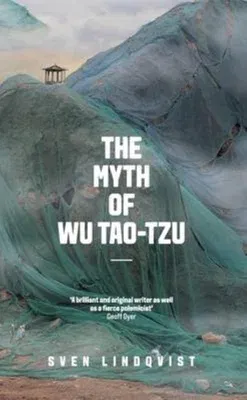During the Tang dynasty, the Chinese artist Wu Tao-tzu was one day
standing looking at a mural he had just completed. Suddenly, he clapped
his hands and the temple gate opened. He went into his work and the
gates closed behind him.' Thus begins Sven Lindqvist's profound
meditation on art and its relationship with life, first published in
1967, and a classic in his home country - it has never been out of
print. As a young man, Sven Lindqvist was fascinated by the myth of Wu
Tao-tzu, and by the possibility of entering a work of art and making it
a way of life. He was drawn to artists and writers who shared this
vision, especially Hermann Hesse, in his novel Glass Bead Game. Partly
inspired by Hesse's work, Lindqvist lived in China for two years,
learning classical calligraphy from a master teacher. There he was drawn
deeper into the idea of a life of artistic perfectionism and retreat
from the world. But when he left China for India and then Afghanistan,
and saw the grotesque effects of poverty and extreme inequality,
Lindqvist suffered a crisis of confidence and started to question his
ideas about complete immersion in art at the expense of a proper
engagement with life. The Myth of Wu Tao-tzu takes us on a fascinating
journey through a young man's moral awakening and his grappling with
profound questions of aesthetics. It contains the bracing moral anger,
and poetic, intensely atmospheric travel writing Lindqvist's readers
have come to love.

